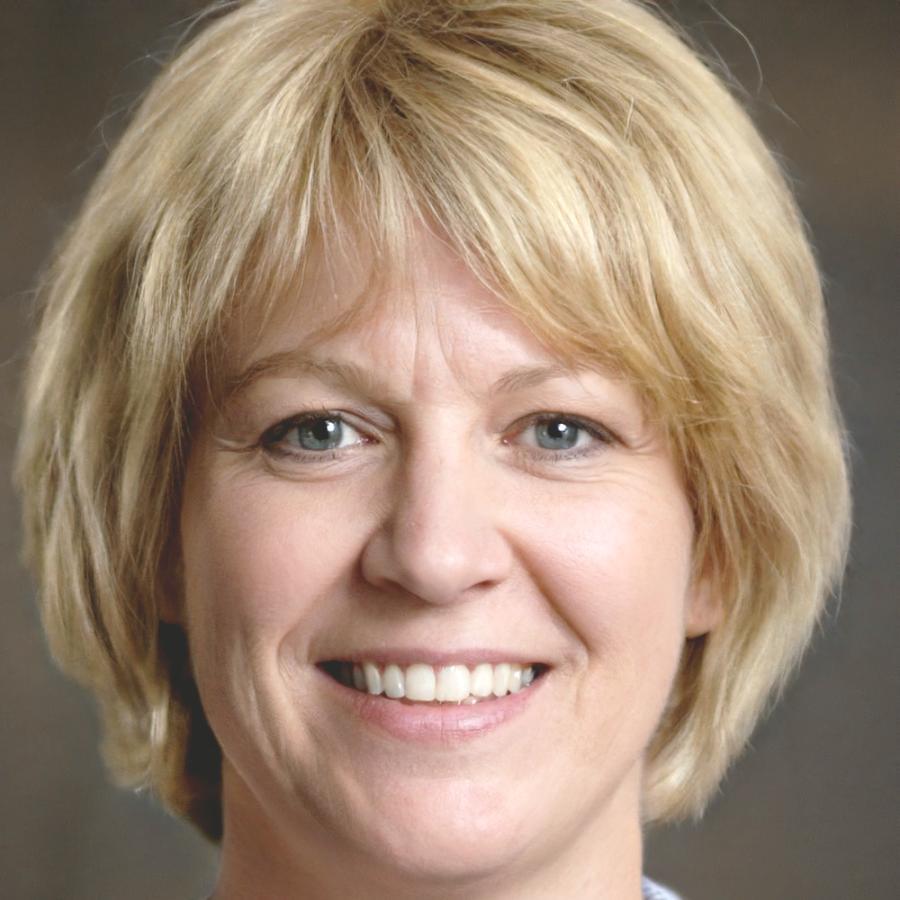Master Investment Theory Through Real-World Application
Building solid understanding of market fundamentals takes time and proper guidance. Our comprehensive approach connects theoretical knowledge with practical market insights, helping you develop analytical skills that matter in today's financial landscape.
Explore Learning ProgramsCompare Learning Approaches
Different methods suit different learning styles. Understanding your options helps you choose the path that aligns with your goals and schedule.
Self-Paced Study
Work through materials at your own speed with access to comprehensive resources. Perfect for busy professionals who need flexibility in their learning schedule.
Group Sessions
Learn alongside peers in structured group environments. Benefit from diverse perspectives and collaborative problem-solving approaches.
Mentorship Track
One-on-one guidance from experienced practitioners. Receive personalized feedback and direction tailored to your specific interests and career path.
Your Learning Journey
Each phase builds upon previous knowledge, creating a solid foundation for understanding complex financial concepts and market dynamics.
Foundation Phase (Months 1-3)
Establish core understanding of financial markets, key terminology, and basic analytical frameworks. Build confidence through structured exercises and real-world examples.
Application Phase (Months 4-6)
Apply theoretical knowledge through case studies and market analysis projects. Develop critical thinking skills and learn to interpret financial data effectively.
Advanced Concepts (Months 7-9)
Explore complex investment strategies, risk management principles, and portfolio theory. Engage with advanced topics through guided research and peer discussions.
Independent Analysis (Months 10-12)
Conduct independent market research and develop your analytical voice. Create comprehensive investment thesis documents and present findings to peers.
Common Questions About Our Programs
Clear answers to help you understand what's involved in our investment theory education programs.
Learn From Experienced Practitioners
Our instructors bring decades of combined experience from various sectors of the financial industry, offering real-world perspective on investment theory application.

Reginald Thornworth
Portfolio Analysis Specialist
Twenty-two years analyzing institutional portfolios across Canadian markets. Specializes in risk assessment methodologies and quantitative analysis techniques for equity evaluation.

Cordelia Brightmoor
Market Research Director
Former research director at three major financial institutions. Brings expertise in sector analysis, economic indicators, and market cycle interpretation to our educational programs.
Choose Your Learning Path
Multiple program formats accommodate different schedules and learning preferences. Each path covers the same core material with varying delivery methods and time commitments.
Ready to Begin Your Investment Education?
Our next cohort begins in August 2025. Early registration opens in June, giving you time to prepare and connect with fellow participants before the program starts.
Get Program Information
Phone: +1 613 752 1540
Email: info@lytheroanvexo.com
